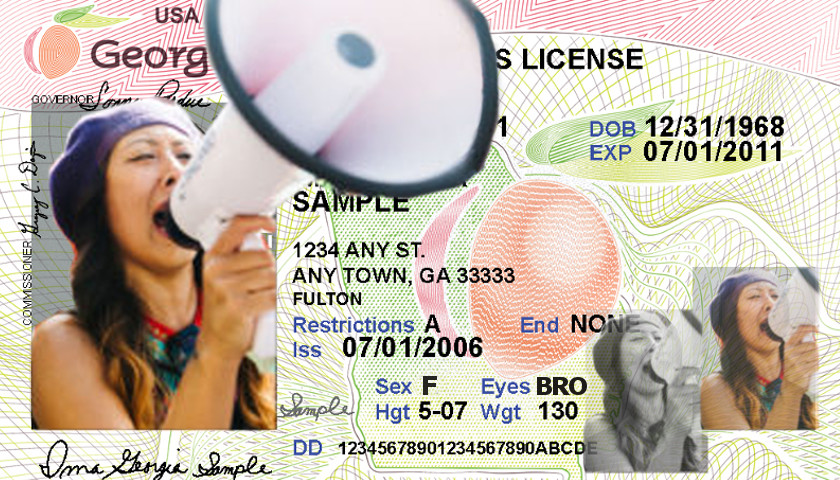Georgia has issued driver’s licenses to more DACA recipients than the federal government says live in the state, reports InsiderAdvantage.
“How many illegal aliens have benefited from former President Barack Obama’s DACA amnesty?,” asks writer D.A. King, a pro-enforcement immigration activist. “That’s a question that should get a closer review.”
According to the federal government, Georgia currently has 21,600 DACA recipients, but 48,935 DACA recipients have received driver’s licenses in the state, according to the state Department of Driver Services.
Georgia’s number of approved DACA recipients has stayed within a close range under 25,000 since the program began in 2012, according to the federal government. Numbers have fluctuated somewhat within given states because of various factors, including new applicants, recipients not seeking renewals, and recipients having their status revoked because of criminal activity.
Some 8,700 DACA recipients in Georgia have also received official photo ID cards. People can be issued both a driver’s license and an ID card.
“We think the discrepancy in the stated numbers of DACA beneficiaries from federal authorities and the database of the Georgia agency in charge of the integrity of our driving and ID credentials is worthy of an official explanation,” writes King, who is the president of the Dustin Inman Society, a Georgia group that brings attention to illegal immigration and unsecured borders.
Started by Obama with an executive order, the Deferred Action for Childhood Arrivals program has granted temporary permission to live and work in the U.S. to certain young people who were brought illegally to the U.S. as children. Most recipients are from Mexico.
President Trump rescinded Obama’s executive order but has given Congress a chance to act. Activists are lobbying for a path to residency or citizenship for DACA recipients. Republican lawmakers are mulling offering continued DACA benefits as part of a deal to get funding for tougher border enforcement. Others, however, want to see the program ended completely and worry that extended protections could lead to similar amnesties in the future for other groups of young illegal immigrants.





